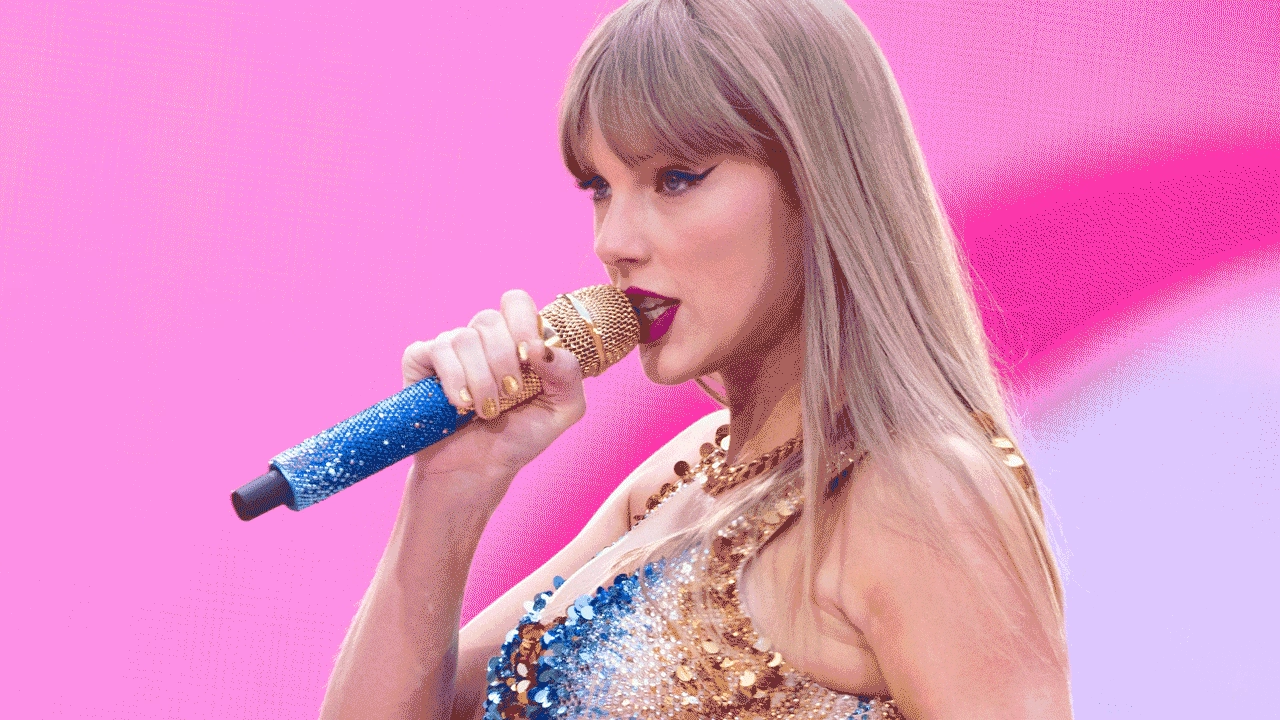
The prospect of technology toppling performers hits a nerve — but are the fears really justified?

Chess was the battle line between humanity and an earlier generation of computers. Garry Kasparov, the then world champion, beat IBM’s Deep Blue in 1996, but succumbed to his digital foe the following year. “I lost my fighting spirit,” Kasparov said after resigning the final match. His white flag was treated as an epochal surrender to computing power. We were checkmated.
In the age of artificial intelligence, music is the new chess, a focal point for anxieties about being toppled by technology. It is the art form most closely, and also mysteriously, linked with emotions. No one knows exactly how music works, the way it can play us like an instrument, moving us to tears or joy. The prospect of it being mastered by another of our creations, AI, touches a nerve. This time the computers are coming for our feelings.
Are these fears justified? I explore that question in a new podcast series for the FT’s Tech Tonic show. I started it as a sceptic, unconvinced by AI hype, and have since spoken with musicians, campaigners and legal experts. Some are in favour of AI music, others are not.
There are numerous uses for AI and machine-learning algorithms in music. Many are uncontentious, like studio techniques for analysing audio content or enhancing sound quality. But AI-powered models that create their own music are a different matter. These upstart apps are the tech version of the rise of the singer-songwriter in the 1960s. They write their own material and also perform it.
Udio and Suno are two popular online examples. They could not be easier to use. Just type a command — “song in the style of a 1960s singer-songwriter”, for instance — and bingo: a brand new track is created. In this case, via Udio, it is called “Whispers in the Dark”. An artificial male voice quavers sensitively about “longing for the warmth of a hand in mine” over a pleasing acoustic guitar melody. It’s not Bob Dylan, but it’s better than the average busker.
In the most dystopian scenario, these tools will flood airwaves and playlists with dead-eyed songs, accepted without demurral by an indiscriminate public. But is this likely?
These are early days, but AI music generators have so far failed to set the charts ablaze. A parody schlager song has the distinction of being the first fully AI-generated hit. Made with Udio by an Austrian DJ who goes by the name Butterbro, “Verknallt in einen Talahon” reached the giddy heights of number 48 in Germany in 2024. Disquiet over its use of AI was overshadowed by controversy about lyrics stereotyping immigrants.
A supposedly real band, The Velvet Sundown, caused a stir this year when their throwback West Coast rock was revealed to be an AI-generated hoax. It was an impressive prank — but the unreal rockers’ most popular song on Spotify has been streamed just 2.8mn times, small fry next to the hundreds of millions gained by proper hits.
Pop music is oriented around the figure of the vocalist. The microphone doesn’t just amplify their voice, it also amplifies their personality. Taylor Swift’s forthcoming album The Life of a Showgirl has provoked speculation about character-driven songs, but its rollout is also inextricably linked to her personal life, as shown by the pre-release announcement of her engagement. Even with K-pop, whose stars lead more strictly monitored lives than their western counterparts, a sense of character is vital to building bonds with fans.
This crucial aspect lies outside AI’s capabilities. To that extent, I remain a sceptic. But I am persuaded that it will join previous technologies in altering the way music is made — like the microphone, which was introduced to recording studios in the 1920s.
It doesn’t require a great leap of imagination to envisage AI music generators as standard aids for songwriters, prompting ideas and solving problems. They will surely be used to make beats for rappers: hip-hop has always been the most tech-adaptive of genres. And AI represents a real threat to those working in so-called library or production music, making jingles, tunes and scores for adverts, television shows or public spaces. They face competition from a cheaper and immeasurably faster rival.
The battle line is drawn, although it’s less attention-grabbing than when Kasparov faced Deep Blue on the chessboard. In the US, record labels are suing Suno and Udio for alleged copyright infringement. The dispute centres on the way that AI generators learn how music works, analysing vast amounts of recordings. The labels claim that this training database includes unknown quantities of copyrighted works. Suno and Udio say their tools fall under fair use.
I don’t think AI generators should be feared as an existential threat to music. But fairness, that most human of values, dictates that AI companies should not make commercial use of musicians’ work without permission or recompense. Whether they will be prevented from doing so in future is uncertain. We are not in the endgame yet.
‘Tech Tonic’ is presented by Ludovic Hunter-Tilney
Source: https://on.ft.com/4mLh373